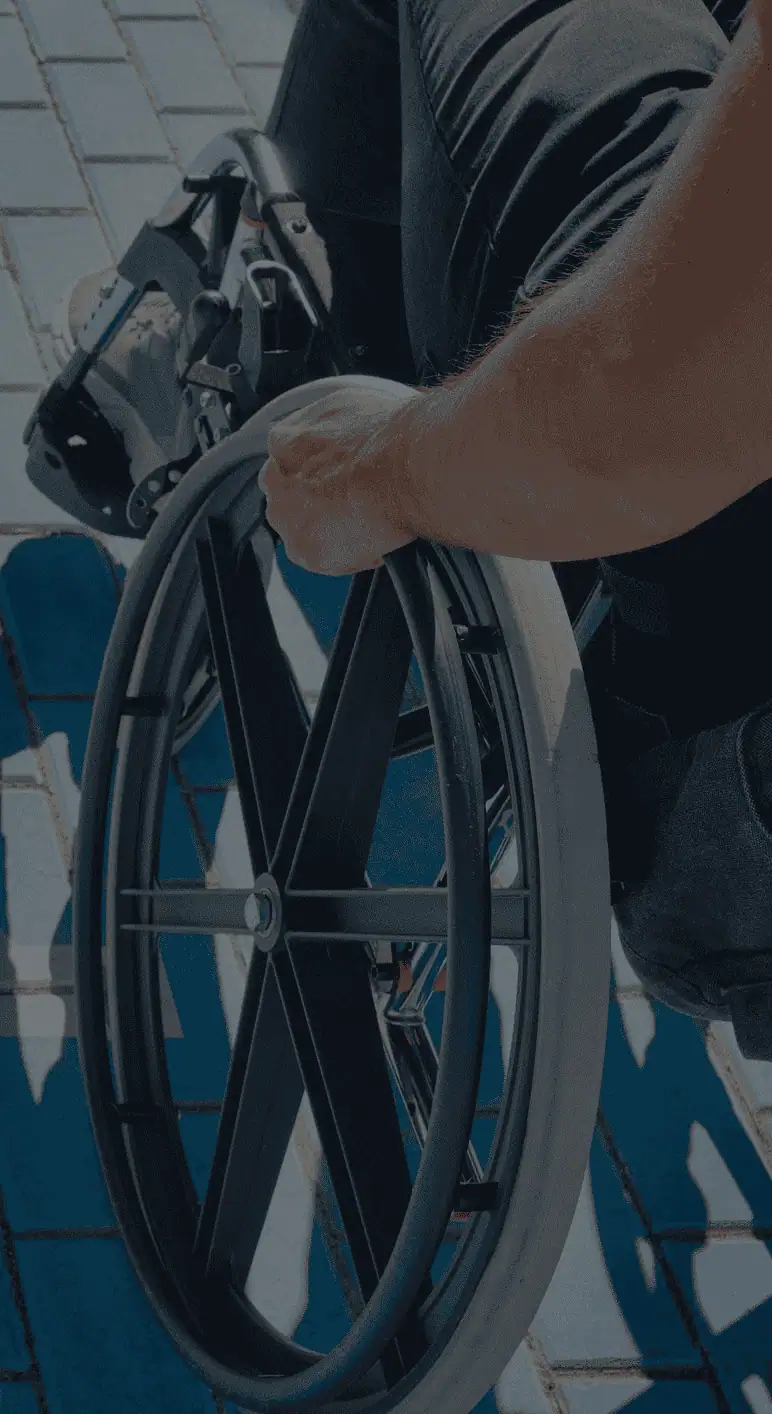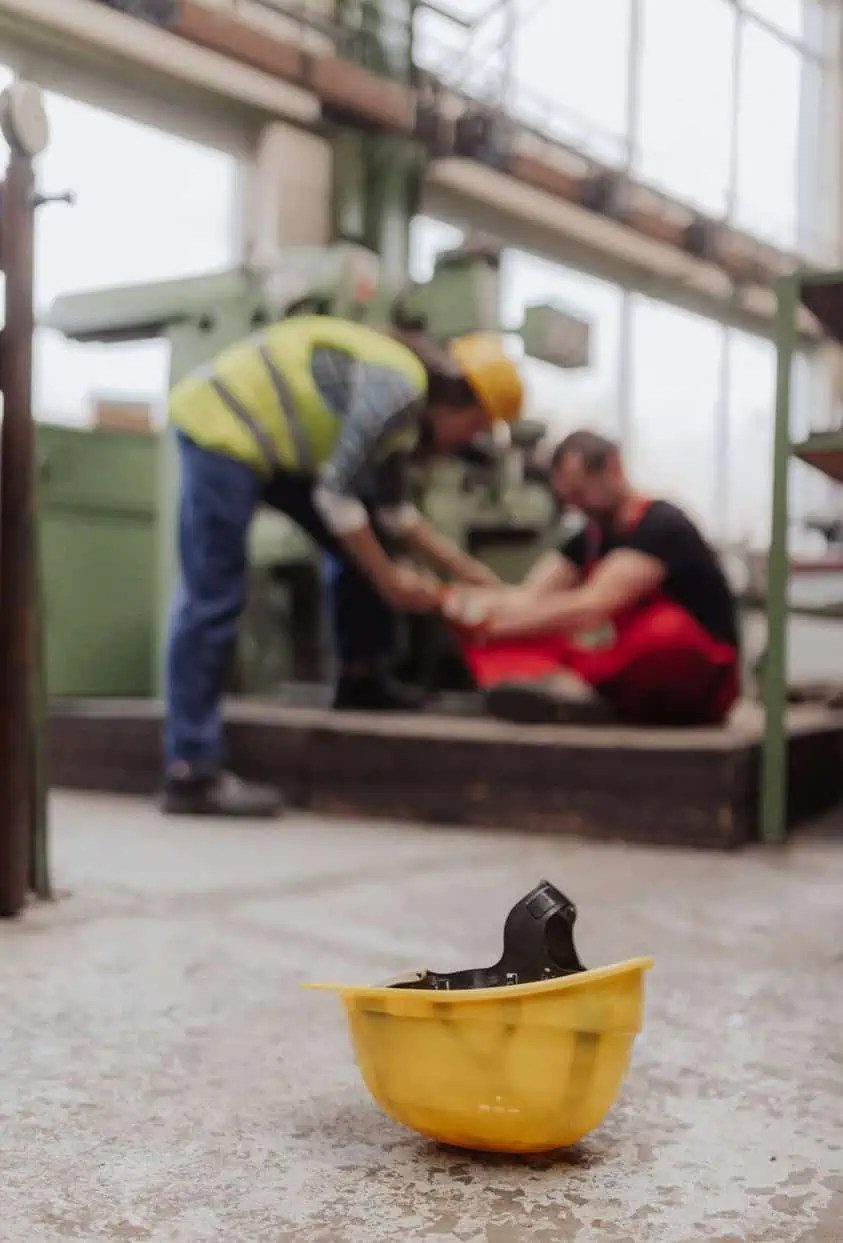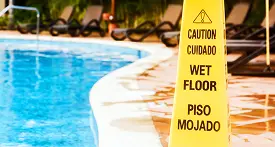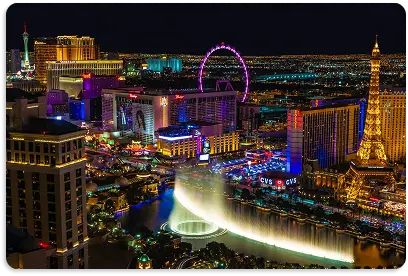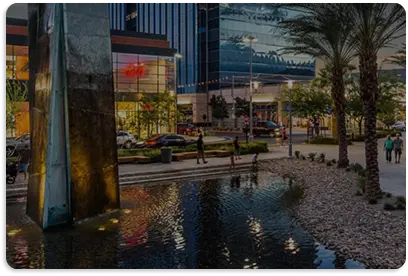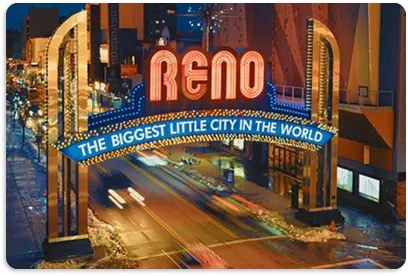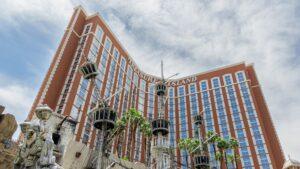
There is something distinctly classic about Treasure Island – TI Hotel & Casino. Perched along the center of the Las Vegas Strip, its flashing skull-and-crossbones marquee still evokes the playful adventure that helped define a certain era of Vegas entertainment. Guests arrive expecting fun, convenience, and comfort in a property that feels familiar, approachable, and endlessly lively. Yet behind the bright lights and welcoming atmosphere lies the same legal truth that applies to every resort in Nevada: no matter the theme or the ownership, the property has an unshakable duty to protect its guests from harm.
Treasure Island is privately owned by Phil Ruffin, one of the most prominent independent resort operators in Las Vegas. Unlike properties controlled by corporate giants such as MGM Resorts or Caesars Entertainment, TI is part of Ruffin’s portfolio of independently managed casinos that includes Circus Circus and other investments. This independence gives TI a unique personality, but it also means that accountability for guest safety rests squarely on the shoulders of its ownership and management team. When something goes wrong, there is no distant parent company to blame. The obligation begins and ends with Treasure Island itself.
At Shook & Stone, we understand what it means when a resort fails to uphold its duty of care. Guests arrive expecting security, cleanliness, and professionalism. When that trust is broken, whether through a dangerous condition on the casino floor, a neglected spill in a restaurant, or a lack of crowd control during an event, the result can be devastating. Injuries that happen in a moment can leave lasting physical and financial consequences. For victims and their families, the path forward often begins with understanding one simple fact: negligence, no matter where it occurs, is never acceptable.
A Resort With History and Heart, But Real Hazards Too
Treasure Island has a special place in Las Vegas history. Once part of the Mirage Resorts brand, TI was built in the 1990s with a pirate theme that became an instant landmark. Over the years, it evolved into a more modern, mid-tier destination, shedding the family-focused image but maintaining its reputation for approachable fun. Guests now enjoy a mix of dining, nightlife, and gaming that bridges old Vegas charm with the modern Strip’s energy.
The property features a sprawling casino floor, a renovated hotel tower, and an array of attractions that bring steady crowds day and night. Venues like Gilley’s Saloon, Dance Hall & BBQ, Señor Frog’s Restaurant & Bar, and the Marvel Avengers S.T.A.T.I.O.N. experience keep foot traffic heavy in nearly every corner of the resort. The outdoor pedestrian bridge connecting TI to The Mirage funnels thousands of people daily across the Strip, while the resort’s TI Pool, cabana areas, and on-site shops create constant movement both inside and out.
With that volume of guests comes an equally high duty of vigilance. Slip and fall accidents on the casino floor are common in any Las Vegas resort, but at TI they can be especially risky in areas near bars and restaurants where spilled drinks or condensation accumulate quickly.
High-traffic walkways often combine polished tile, dim lighting, and heavy foot traffic, a combination that can easily lead to preventable injuries if staff do not respond promptly.
At Señor Frog’s, one of TI’s most famous tenants, the party atmosphere is part of the appeal, but it also heightens the need for crowd management and safety oversight. Slippery floors, broken glass, and intoxicated guests create an environment where proper supervision and quick cleanup are critical. The same is true at Gilley’s, where dancing, drinking, and live entertainment intersect. MGM and Caesars resorts may have layers of corporate oversight, but at an independent property like TI, responsibility for safe operations lies directly with the resort’s management and security team.
Even family-friendly attractions like Marvel Avengers S.T.A.T.I.O.N. come with potential hazards. The interactive exhibits and themed displays are designed for engagement, but when lighting is low, flooring is uneven, or staff are inattentive, guests, especially children or elderly visitors, can easily trip or fall.

When Negligence Hides Behind Familiar Comfort
Treasure Island’s mid-range comfort and smaller footprint give it a different feel from the megaresorts surrounding it. Guests often choose TI because it feels less intimidating and more personal, a convenient, classic Vegas experience without the endless walking of its neighbors. But this intimacy can mask safety issues that go unnoticed until an accident happens.
For instance, the TI Pool may seem relaxed compared to the sprawling aquatic complexes at larger resorts, but it presents the same risks: wet surfaces, hot pavement, and crowded decks. The resort must post warning signs, maintain proper drainage, and ensure that lifeguards and attendants are trained to prevent and respond to incidents. In some cases, guests have reported slipping on wet tiles or suffering injuries due to broken furniture or unsecured railings.
Guest rooms can also pose hazards if not properly maintained. Defective chairs, loose carpeting, or leaking air conditioning units that cause puddles on the floor can all lead to serious falls. Under Nevada law, even seemingly minor maintenance failures can establish liability if they contribute to an injury.
Elevators and escalators within the property, particularly those connecting the casino to parking or retail areas, must be inspected and serviced regularly. Mechanical malfunctions or sudden stops can result in falls, sprains, or worse. When a resort fails to maintain its equipment to industry standards, it becomes accountable for any resulting harm.
These risks are not unique to TI, but the way the property manages them is what determines whether it meets its legal duty of care. At a resort like Treasure Island, where many guests return year after year, there is an even greater obligation to ensure that loyalty is matched with safety.
Premises Liability in Las Vegas: What the Law Requires
In Las Vegas, every resort, hotel, or restaurant is bound by the same foundational rule: property owners must keep their premises reasonably safe for guests. This legal principle, known as premises liability, applies to corporations, small businesses, and independently owned resorts alike.
To establish a successful claim under Nevada law, an injured person must prove that the property owner or operator was negligent. This means showing that the resort knew, or should have known, about a dangerous condition and failed to correct it or warn visitors. A wet floor without a caution sign, a loose handrail on a stairway, or an unlit corridor are all examples of conditions that can trigger liability if they lead to injury.
Importantly, the law does not require proof of intent. A guest does not have to show that Treasure Island deliberately caused harm, only that it failed to act as a reasonable property owner would have under the circumstances.
We use these principles to build strong cases for clients injured on hotel and casino premises. Our team investigates not only what happened in the moment but also what should have happened beforehand. Maintenance logs, security reports, and cleaning schedules often reveal patterns of neglect that can prove a property failed its duty of care.


The Responsibilities of Independent Ownership
Because Phil Ruffin owns Treasure Island outright, the resort operates independently of the large casino conglomerates that dominate the Strip. While that autonomy allows for flexibility in management, it also means that oversight, safety protocols, and maintenance programs are entirely the resort’s responsibility. There is no corporate safety division or external risk management department to fall back on.
This independence makes TI both distinctive and accountable. When guests suffer injuries on the property, their claims are handled directly through the resort’s own insurance carriers and legal representatives. As a result, it is critical for victims to act quickly. Independent ownership does not change the resort’s obligations under Nevada law, but it can influence how claims are managed, how evidence is preserved, and how aggressively the resort’s attorneys respond.
Our team at Shook & Stone understands the nuances of dealing with independently owned properties. We know how to identify the right corporate entities, secure preservation letters to prevent destruction of surveillance footage, and hold management accountable for lapses in safety. Whether the incident involves a restaurant tenant, a third-party vendor, or TI’s in-house operations, we pursue every responsible party to ensure our clients receive full compensation.
Free Consultation We’ll help you win the benefits you need to get your life back.
The Hidden Dangers of Entertainment Venues
Treasure Island’s reputation for entertainment draws thousands of visitors daily. Gilley’s Saloon, Dance Hall & BBQ is one of the Strip’s most recognizable nightlife spots, with line dancing, live country music, and a mechanical bull that invites participation. While fun is the goal, the combination of alcohol, physical activity, and crowded spaces requires strict safety oversight. Without proper staff training, guest supervision, and crowd control, even a festive environment can become dangerous.
Señor Frog’s carries its own risks. The restaurant’s energetic atmosphere often includes dancing, drinking, and interactive shows that encourage guests to participate. Slippery floors, spilled drinks, and narrow walkways can all cause preventable accidents. The establishment and the property that houses it share responsibility for maintaining a safe environment, meaning both the restaurant operator and TI itself can be held liable.
Even quieter attractions can create hazards. The Marvel Avengers S.T.A.T.I.O.N., while family-friendly, involves dim lighting, props, and interactive displays that can conceal tripping hazards. In a city known for its immersive experiences, these creative environments must still meet the same safety codes as any other public space.
When an Injury Happens: Protecting Yourself and Your Rights
After an injury at Treasure Island, the most important step is seeking medical care. Even seemingly minor falls or strains can reveal more serious injuries over time. Once safe, guests should report the incident to management and request an official incident report. Documentation matters it establishes the event and prevents the resort from claiming that it never occurred.
Photographs of the scene, witness names, and medical records can all strengthen a claim later.
Resorts often move quickly to repair hazards or clean up evidence once an incident occurs. Acting fast ensures that proof is not lost.
From that point, communication with the resort’s insurance or legal representatives should be handled carefully. Adjusters may contact victims directly, often appearing sympathetic, but their goal is to limit liability and reduce payouts. Having an experienced attorney handle those communications prevents statements from being used against you and ensures the focus stays on fair compensation.
Holding Treasure Island Accountable
Independent ownership does not excuse negligence. Like every Las Vegas resort, Treasure Island has a legal and ethical obligation to maintain safe conditions for its guests. When it fails to do so, and someone is hurt as a result, it must be held accountable.
The attorneys at Shook & Stone have decades of experience representing victims of negligence at resorts throughout Las Vegas. We understand the city’s hospitality industry inside and out, from corporate-owned megaresorts to privately held properties like TI. Our team investigates every detail, from maintenance records to staffing levels, to uncover the cause of an injury and prove liability.
We also know how to navigate the complex insurance structures that properties like Treasure Island use to defend against claims. Our firm negotiates from a position of strength, backed by evidence, expert testimony, and the willingness to take a case to court when necessary.
Justice for Injured Guests in Las Vegas
Every guest deserves to enjoy Las Vegas safely. Whether staying at a five-star resort or a mid-tier hotel, the law holds every property to the same standard. Negligence does not discriminate by brand, price, or reputation.
We take pride in standing up for individuals against powerful resort owners and insurers. Our attorneys bring compassion, experience, and determination to every case. We understand that for our clients, an injury is not just a legal matter; it is a life-changing event.
If you or a loved one were injured at Treasure Island, TI Hotel & Casino, you have the right to pursue compensation for medical bills, lost wages, and pain and suffering. The law gives you that right. We are here to help you exercise it.
Discuss Your Treasure Island Injury with Our Experienced Las Vegas Attorneys
Call our team at Shook & Stone today at (702) 570-0000 for a free consultation. Our legal team is available 24/7 to answer your questions, evaluate your claim, and guide you through every step of the process. You pay nothing unless we win your case.
You trusted Treasure Island with your safety. Now trust Shook & Stone to fight for your recovery.
Learn more about Las Vegas Premises Liability Lawyers, Hotel & Casinos.

